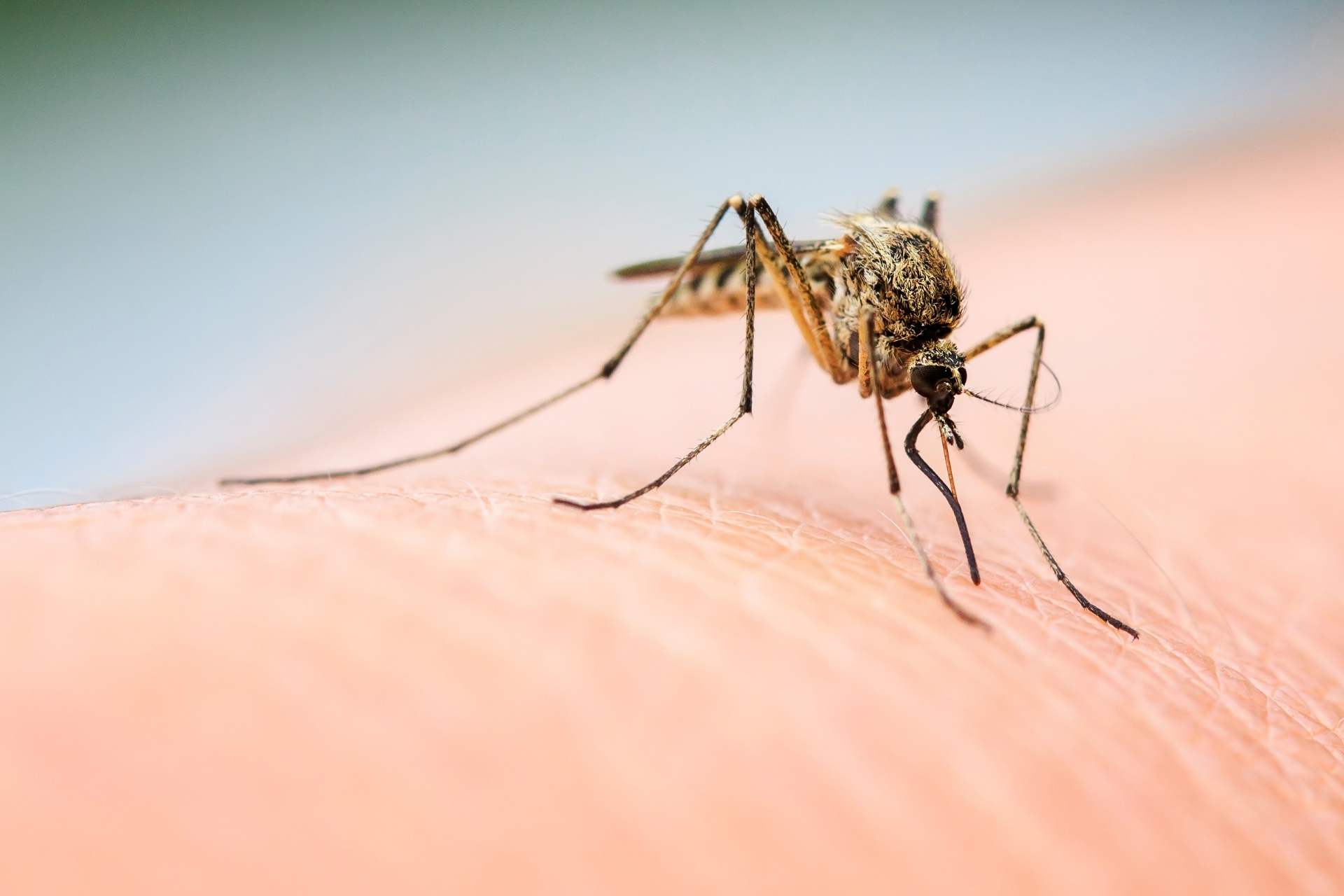What is already known
Pathogens such as dengue and Zika viruses are spread by mosquitoes, which locate potential hosts through sensory cues, including body temperature and carbon dioxide emitted from an animal’s breath. Previous studies have shown that mice infected with the malaria parasite have changes in their odors that make them more attractive to mosquitoes. However, it’s unclear if this is also true for dengue, Zika and other mosquito-borne viruses.
What this research adds
Working in mice, researchers found that mosquitoes showed a preference for animals infected with dengue. These mice produce a molecule called acetophenone, which appears to be particularly attractive to mosquitoes. Odors collected from people with dengue were more attractive to mosquitoes and had more acetophenone, which is a common bacterial waste product. The team found that acetophenone is made by Bacillus bacteria that grow on skin. What’s more, dengue and Zika viruses appeared to alter the skin microbiota of their hosts so that they produce an increased amount of acetophenone.
Conclusions
The findings could help to inform approaches to prevent mosquito-borne diseases.
Mosquitoes spread several diseases, including malaria, yellow fever and dengue fever. Now, researchers have found that mosquito-borne viruses such as dengue and Zika alter the skin microbiota of their hosts in ways that make them more attractive to their insect vector.
The findings, published in Cell, could help to inform approaches to prevent mosquito-borne diseases.
Scientists have known that mosquitoes locate potential hosts through sensory cues, including body temperature and carbon dioxide emitted from an animal’s breath. Previous studies have shown that mice infected with the malaria parasite have changes in their odors that make them more attractive to mosquitoes. However, it’s unclear if this is true also for dengue, Zika and other mosquito-borne viruses.
To address this question, Gong Cheng at Tsinghua University and his colleagues set out to investigate whether, and how, mosquitoes showed a preference for mice infected with flaviviruses such as dengue or Zika viruses.
Attracting mosquitoes
For six days, the researchers placed 60 mosquitoes in a system of chambers and had the insects smell either healthy mice or mice infected with dengue and Zika viruses. About 70% of the mosquitoes preferred to move towards infected mice rather than healthy ones.
However, if the team placed a filter in the system to prevent mice odors from reaching the mosquitoes, the number of insects that moved toward infected and uninfected mice was comparable.
To identify the odor that drew the mosquitoes toward the mice, the researchers analyzed 20 different gases from the scent emitted by the infected animals. One of them, acetophenone, attracted more mosquitoes than did other gases. Infected mice produced 10 times more acetophenone than uninfected mice, the team found.
Altering the microbiota
Next, the researchers collected odors from people infected with dengue virus and found that those were more attractive to mosquitoes than odors collected from healthy people. What’s more, dengue-infected individuals produced more acetophenone than healthy people.
Acetophenone is a common bacterial waste product, so the researchers tested whether the skin microbiota was involved in its production. Mice that lacked skin bacteria produced almost no acetophenone and attracted significantly less mosquitoes than those with skin bacteria.
Bacillus bacteria on the skin were major producers of acetophenone, and their levels was increased in infected mice, the team found. The findings suggest that dengue and Zika viruses are able to change their host’s odor by altering the skin microbiota, the researchers say.









